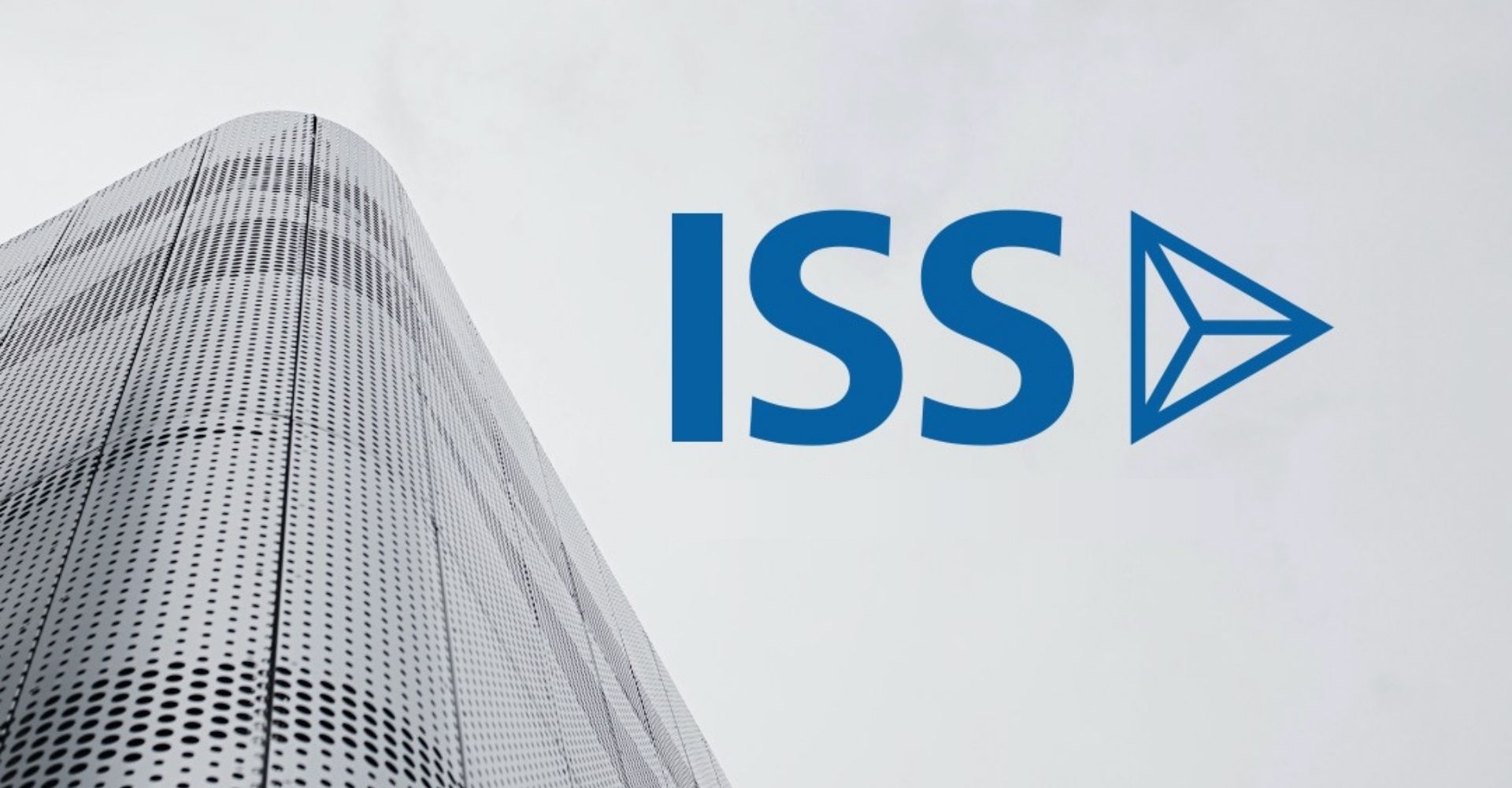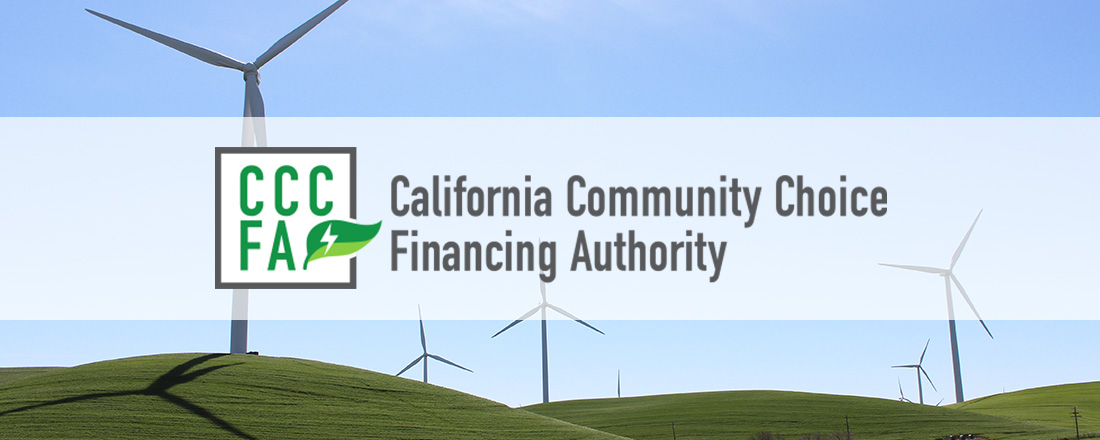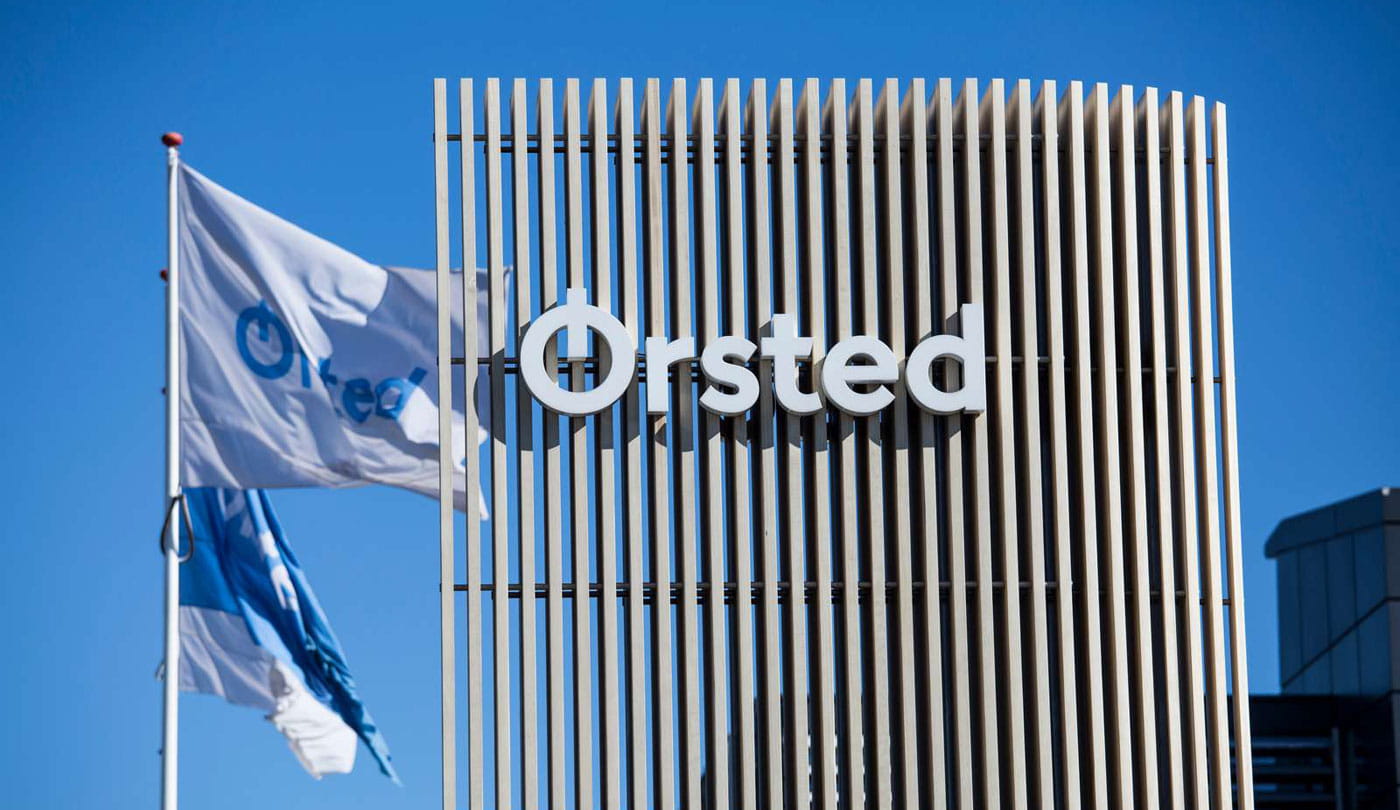Nordea: Time to turn our focus to the ‘S’ in ESG

Investors have found it easier to focus on the ‘E’ and ‘G’ of ESG, but social responsibility is becoming an easier concept to quantify and act upon within portfolios
As the ESG trend builds, investors are expanding their horizons beyond the ‘E’ to consider factors falling within the ‘S’ category – such as labour rights, health and safety, human capital development and diversity.
If anything has taught us the importance of social stability and cohesion, it was the outbreak of Covid-19.
If anything has taught us the importance of social stability and cohesion, it was the outbreak of Covid-19. This not only highlighted the social challenges some business models are facing, but it also flagged the agility of companies able to adapt more easily to new ways of working. A great example is Chinese e-health provider Ping An. The firm was particularly well-positioned for the rapid surge in demand for its services during the Covid pandemic. The number of new users on its digital platform rose nearly 900% in January 2020, versus the prior month, unquestionably reducing the strain on hospitals during this critical period.
Solidifying understanding
On the regulatory side, ESG issues have overwhelmingly focused on the ‘E’ and the ‘G’. The financial services industry has identified multiple tools to measure and report environmental impact, ranging from standardised methodology to measure carbon footprints, all the way through to consistent reporting standards within corporate accounts.
Unfortunately, social reporting is lagging far behind, with little consensus reached on how or what companies should report. The good news is this situation is changing. Regulation is becoming more defined in terms of social issues and reporting is slowly moving from voluntary to mandatory.
Social reporting is lagging far behind, with little consensus reached on how or what companies should report.
Ratings agencies are also recognising the importance of ‘S’ considerations in issuer credit quality. Fitch specifically considers social ‘risk elements’ such as human rights, community relations, labour practices, exposure to social impacts and data security. At the same time, S&P has committed to monitoring the effects of safety management and community engagement on credit quality over longer time horizons.
Sensing opportunity
These developments are being driven from the bottom up. A report from the OECD underlines the fact ‘investors are increasingly seeking both enhanced financial returns over time, and the societal alignment of their investments, to maximise financial and social returns’. This is particularly true among younger investors, who ‘were more attentive to the actions of companies in response to the Covid-19 pandemic… and the disproportional financial and social adversity of Covid-19’. With millennials set to inherit $30trn over the next 40 years, this is a clear opportunity companies and investors can leverage to meet demand.
Today, 64% of the UN 2030 SDGs are dedicated to social empowerment, yet most of the ESG investing inflows are channelled towards environmental solutions. Many social solutions are economically viable, generate attractive returns and a quick payback. At the same time, the theme is also under researched, paving the way for strong alpha generation.
Today, 64% of the UN 2030 SDGs are dedicated to social empowerment, yet most of the ESG investing inflows are channelled towards environmental solutions.
In light of these dynamics, we at Nordea Asset Management believe there is an exciting investment opportunity behind this megatrend – which is why we recently launched a global climate and social impact strategy, as well as a global social empowerment solution.
Given the increasingly obvious inequalities in healthcare, education, and labour protection, if we are serious about building back better, then investing in companies prioritising or providing solutions for the ‘S’ will be imperative.
Source: Money Marketing













